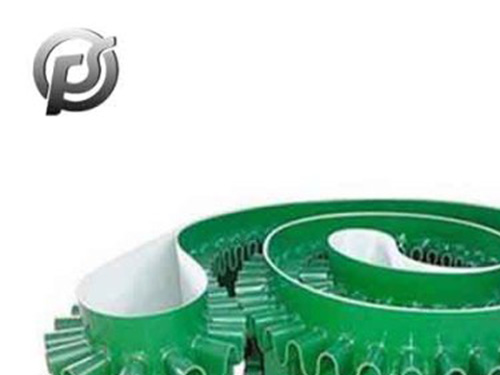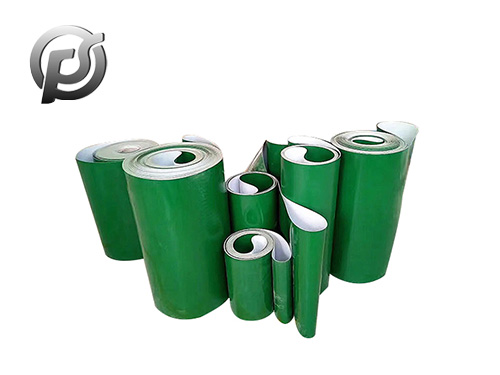In the fast-paced world of food production, efficiency is key to meeting consumer demand while maintaining quality and safety standards. Enter the
food conveyor belt – a vital component of modern food processing facilities. In this article, we explore the significance of food conveyor belts, their diverse applications, and the latest innovations driving industry efficiency.
Food conveyor belts are the lifelines of food processing operations, seamlessly transporting ingredients, products, and packaging throughout the production process. From raw materials entering the facility to finished goods ready for distribution, these conveyor systems play a crucial role in streamlining operations and maximizing productivity.
Key Applications:
Ingredient Handling: Food conveyor belts efficiently transport raw ingredients such as grains, vegetables, and meats to processing stations, minimizing manual handling and reducing the risk of contamination.
Cooking and Baking: In commercial kitchens and industrial bakeries, conveyor belts facilitate the cooking and baking process by transporting food items through ovens and other cooking equipment at consistent speeds and temperatures.
Packaging and Sorting: Automated packaging lines rely on conveyor belts to transport packaged food products to labeling, sealing, and sorting stations, ensuring accurate packaging and efficient throughput.
Innovations Driving Efficiency:
Sanitation Advances: Hygiene is paramount in food processing facilities. Manufacturers are incorporating features such as easy-to-clean materials, sanitary design principles, and automated cleaning systems to enhance food conveyor belt sanitation and reduce the risk of contamination.
Modular Design: Modular conveyor belt systems offer flexibility and scalability, allowing food producers to easily reconfigure their production lines to accommodate changing product requirements and production volumes.
Integration of IoT and AI: The integration of Internet of Things (IoT) sensors and Artificial Intelligence (AI) algorithms enables predictive maintenance, real-time monitoring, and optimization of food conveyor belt performance, minimizing downtime and enhancing reliability.
In conclusion, food conveyor belts are indispensable assets in the food industry, driving efficiency, consistency, and safety across the production process. By embracing innovations and adopting best practices in design and operation, food producers can optimize their operations, meet evolving consumer demands, and uphold the highest standards of food quality and safety.
 PE Conveyor Belts: Characteristics, Applications, and Advantages
PE Conveyor Belts: Characteristics, Applications, and Advantages
 Stone Conveyor Belt: Enhancing Efficiency and Productivity in Material Handling
Stone Conveyor Belt: Enhancing Efficiency and Productivity in Material Handling
 Optimizing Operations with PE Conveyor Belts: Durability, Efficiency, and Versatility
Optimizing Operations with PE Conveyor Belts: Durability, Efficiency, and Versatility